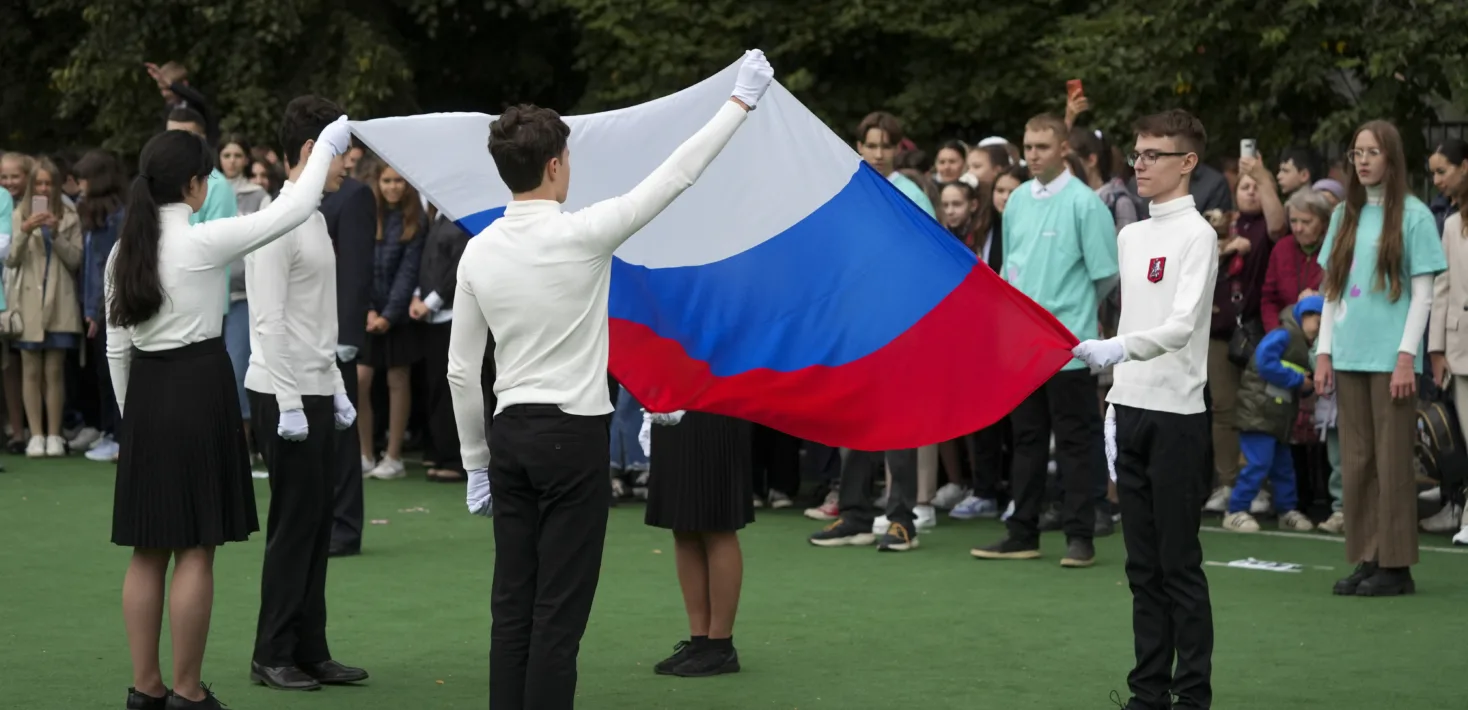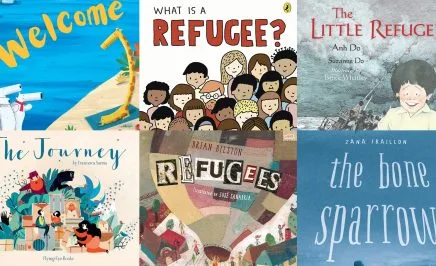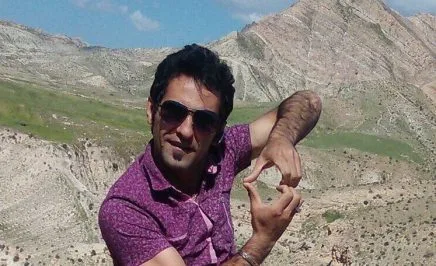Reacting to news that the Russian State Duma has passed a bill banning migrant children who do not speak Russian from enrolling in schools, Natalia Zviagina, Amnesty International’s Russia Director, said:
“This bill not only blatantly violates international law, which Russia is bound by, but also the country’s own Constitution, which prohibits discrimination and guarantees everyone the right to free school education. It is a gross display of xenophobia elevated to the level of state policy.”
“We call on the upper chamber of Parliament to resolutely reject this dehumanizing legislation. Its enforcement would marginalize hundreds of thousands of children, deprive them of a chance to obtain essential education, disparage their dignity and significantly impact their life chances. Every child, regardless of nationality and status, has the right to education and deserves an equal opportunity to learn and thrive.”
Background
The bill, passed by the lower chamber of the Russian Parliament on 11 December, requires all migrant children to pass a Russian language proficiency test and present proof of legal residency to be admitted to public schools. It now goes to the upper house of Parliament for consideration and, if approved, will be submitted to the President for his signature.
The legislation is part of a broader crackdown on migrants, which has included laws increasing the powers of law enforcement to deport migrants within a judicial process, combined with police raids on places where migrants live and work and deportations.
The Russian human rights community has been vehemently opposing the bill, highlighting its potential to exclude hundreds of thousands of children from schooling and worsen discrimination and inequality, with particularly severe consequences for children already living in precarious conditions.
The Russian Ministry of Internal Affairs has documented more than six million registered migrants in the country. Vladimir Putin had previously claimed that as many as 10 million workers in Russia are foreign citizens.
Russia is a state party to the International Covenant on Economic, Social and Cultural Rights (ICESCR), the Convention on the Rights of the Child (CRC) and the International Convention on the Elimination of All Forms of Racial Discrimination. Article 10 of ICESCR and Article 28 of CRC stipulate that states shall make primary education compulsory and free for all. All three international legal instruments prohibit all forms of discrimination of any kind including on the basis of language, national origin or other status.





